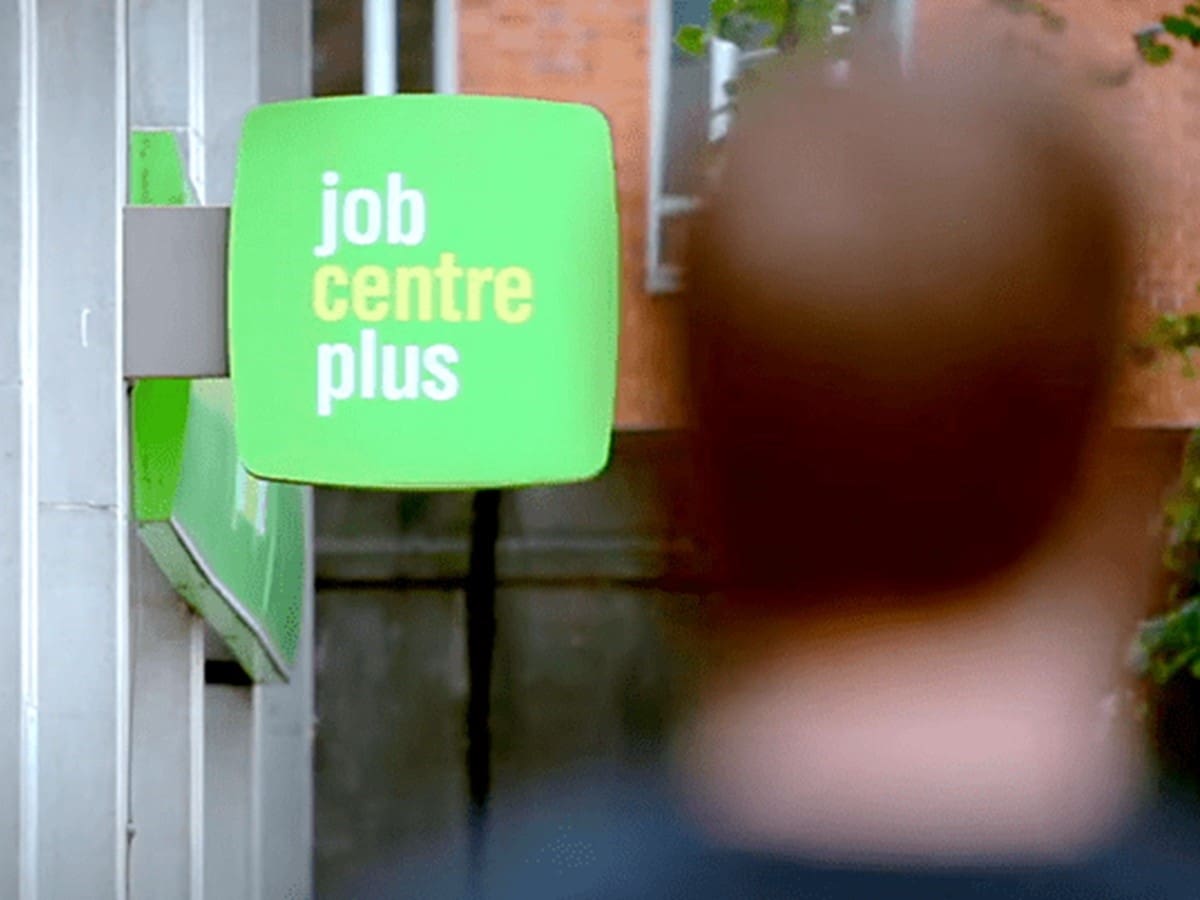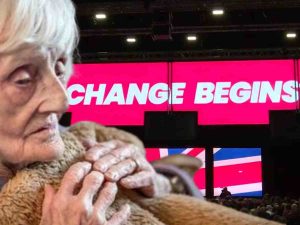Staff at the Department for Work and Pensions (DWP) have admitted that there isn’t time to worry about safeguarding, nor do staff follow the rules around it all the time anyway. Those are a few of the result from a survey of DWP staff, which found the problems with safeguarding appear to be systemic. Not that this will be news to anyone who follows what the department does; not least the UN – who already accused it and the government of being responsible for the deaths of countless disabled people.
DWP: nothing to see here
The Work and Pensions Select Committee ran a survey of DWP staff over safeguarding. Disability News Service broke the story. As it noted, the:
DWP has continued to insist that it takes safeguarding seriously
And:
Mims Davies, the minister for disabled people, insisted to the committee in March that the “narrative around DWP’s treatment of vulnerable people has been incredibly unhelpful” and was “not roundly correct”.
Of course, none of this is true. Now, the staff survey backs up what campaigners have long thought.
Staggering disregard for safeguarding
80% of staff surveyed had “direct contact” with claimants. For those who did, some of the results were staggering. 76% said that they often interact with claimants whose circumstance give rise to safeguarding concerns. Yet:
- 67% (the majority) said they did not have enough time in their day to deal with safeguarding concerns carefully, correctly and in a timely manner.
- 51% (the majority) said there was not sufficient support from management to help ensure that effective safeguards are in place for vulnerable claimants.
- 48% (the majority) did not think safeguarding procedures were followed properly by all staff in every incidence.
- 44% (the majority) said safeguarding guidance for frontline staff was NOT clear, comprehensive and easily accessed.
- 42% (the majority) had not received adequate safeguarding training to enable them to deal with safeguarding issues appropriately at regular intervals since they started in their role.
Countless deaths on the DWP’s watch
DWP staff admitting they don’t have the time, management support, proper guidance, or adequate training to deal with claimant safeguarding properly is a huge red flag – as is the majority of staff also admitting their colleagues do not carry out safeguarding procedures properly.
Not least in this is because just weeks ago the UN slammed the UK government and DWP over the deaths of chronically ill and disabled people. As the Canary’s Rachel Charlton-Dailey wrote:
The UNCRPD also expressed that they were “appalled” by the scale of benefits deaths, saying
“the evidence received revealed a disturbingly consistent theme: disabled people resorting to suicide following the denial of an adequate standard of living and social protection, starkly contradicting the foundational principles enshrined in the Convention”.
Moreover, for around 13 years chronically ill and disabled people have been dying in their thousands on the DWP’s watch.
As the Canary documented in 2021, between December 2011 and April 2018, nearly 35,000 people died on the DWP’s watch – either waiting for the DWP to sort their claims or after it said they were well enough to work or start moving towards work. This doesn’t include claimants who have killed themselves as a direct or indirect result of the DWP.
Not fit for purpose – and neither are the DWP’s own staff
The Work and Pensions Select Committee noted that:
The survey was distributed via the Public and Commercial Services Union (PCS) to DWP staff who were PCS members. Therefore, we accept that we were only able to reach a limited pool of DWP staff and expect that the majority of responses have come from staff who were members of PCS
However, this is irrelevant.
The survey sample is likely representative of the DWP workforce more broadly. Anyone who has interacted with DWP staff knows that many of them either a) do not care about claimants, or b) actively consider them somehow inferior to themselves.
It is little wonder, then, that the DWP and its staff take safeguarding so lightly. The department is systemically prejudiced, discriminative, and negligent towards claimants. It has wilfully covered up it and its staffs’ involvement in the deaths of claimants for years.
And now, DWP workers have all but admitted that their own conduct surrounding the most vulnerable claimants is negligent. Ironically, there was a question in the survey that asked:
My managers recognise the impact of dealing with safeguarding concerns on my mental health and offer me appropriate support.
The majority of DWP workers disagreed with this statement. Maybe if they didn’t willingly work for an organisation that commits “grave” and “systematic” violations of disabled people’s human rights their own mental health might be a bit better.
Featured image via YouTube




